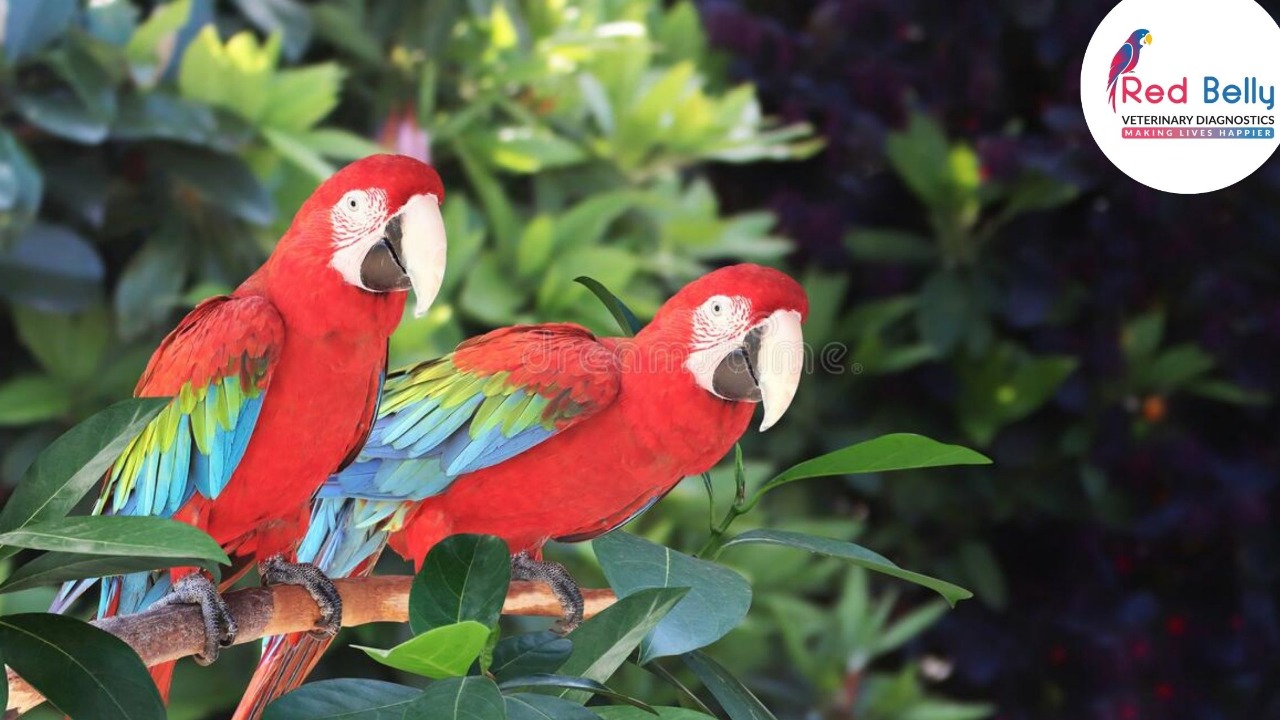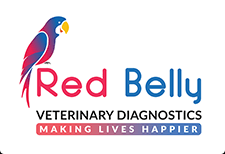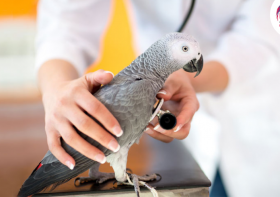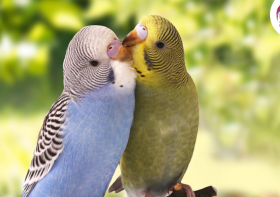10 Things To Consider Before Getting A Feathered Friend – Your Guide To Pet A Bird

“Birds teach a great life lesson. All you have to do is listen to their song.”
Some key information you should know about birds before adoption.
- To be a favorite pet parent, socialize with birds.
Feathered creature’s appearances come with a remarkable variety of colors. Birds are social, inquisitive, and emotional too. One should spend a lot of time, handle with care, socialize with them daily to be their favorite parent.
2. Understanding bird’s characters through their gender.
It takes keen observation to detail a bird’s gender. Most common differences between bird’s gender are their size. Male birds are often vocal and are talented singers, using their songs to attract the opposite sex. Male birds sport brighter, bolder colors as a way to attract mates. Female birds are usually duller with less distinctive markings.
3. Services like DNA sexing to determine gender to better understand birds.
DNA sexing services can be utilized to determine the bird’s gender. DNA sexing is performed with determining from their feathers, eggshell membrane samples, and blood tests. Services at Red Belly.
4. Be prepared for listen the sweet songs they sing loud and clear.
Some species will celebrate the sunrise and sunset with squawking or singing, pet birds do the same. Birds are noisy creatures, when communicating to their flock, they love to be loud in order to be heard.
5. Exposure to sunlight and peaceful sleep is a mandate to keep them healthy.
Light exposure and sleep are very important for the bird’s health. More than 8 hrs. of sleep and at least 4 hrs. of exposure to sunlight are mandatory. This is critical for their upper respiratory health.
6. Good Ventilation, Pure Air Quality and Avoid Toxic generating objects.
As birds are quite sensitive to air quality, one should not expose them to chemical scents, perfumes, tobacco, and most importantly not be exposed to Teflon coated materials which become toxic. Birds leaves no residual air in the lungs during their ventilation cycle, they transfer more oxygen and more pollutants during each breath.
7. Evaluate birds regularly to have a better lifespan.
Bird’s lifespans vary from 20 to 100 years based on the species. They should be cared well; their needs should be met. It is believed that birds are very good at hiding illness and injuries. It becomes important for us to evaluate them on regular basis for any diseases.
8. Detection of diseases using PCR screening is a must when unwell.
PCR Screening machines can be used to detect the presence of nucleic acids (DNA/RNA) from pathogenic organisms in clinical samples for detection of pet-related diseases like any bacteria, virus, and parasites. Services at Red Belly.
9. Bird’s appetite, nutrition, and experience for different food taste.
Signs of good health in a bird include bright eyes, clean and shiny feathers, good appetite, and lots of energy. Healthy birds eat. One should feed fresh fruits, vegetables and nuts thus providing them excellent nutrition and experience of different taste and textures, which simulated its mind.
10. Understanding birds dropping is key to monitor their health.
Healthy birds make a lot of droppings! The bird’s droppings should be composed of a black or dark green solid, a clear part, and a creamy white part.
Red Belly Veterinary Diagnostics are qualified and certified at DNA sexing to determine a bird’s gender and are masters in PCR based screening. They have high-end real time PCR machine and provides accurate results and are available for comparison. They are in Thiruvanmiyur, Chennai.
Deprecated: ltrim(): Passing null to parameter #1 ($string) of type string is deprecated in G:\PleskVhosts\spinzsuntanremover.com\redbellydiagnostics.com\blogs\wp-includes\wp-db.php on line 3031
Deprecated: Creation of dynamic property WP_Term::$object_id is deprecated in G:\PleskVhosts\spinzsuntanremover.com\redbellydiagnostics.com\blogs\wp-includes\class-wp-term.php on line 198
Deprecated: Creation of dynamic property WP_Term::$object_id is deprecated in G:\PleskVhosts\spinzsuntanremover.com\redbellydiagnostics.com\blogs\wp-includes\class-wp-term.php on line 198
Deprecated: Creation of dynamic property WP_Term::$object_id is deprecated in G:\PleskVhosts\spinzsuntanremover.com\redbellydiagnostics.com\blogs\wp-includes\class-wp-term.php on line 198
Deprecated: Creation of dynamic property WP_Query::$comments_by_type is deprecated in G:\PleskVhosts\spinzsuntanremover.com\redbellydiagnostics.com\blogs\wp-includes\comment-template.php on line 1525




Leave a Reply